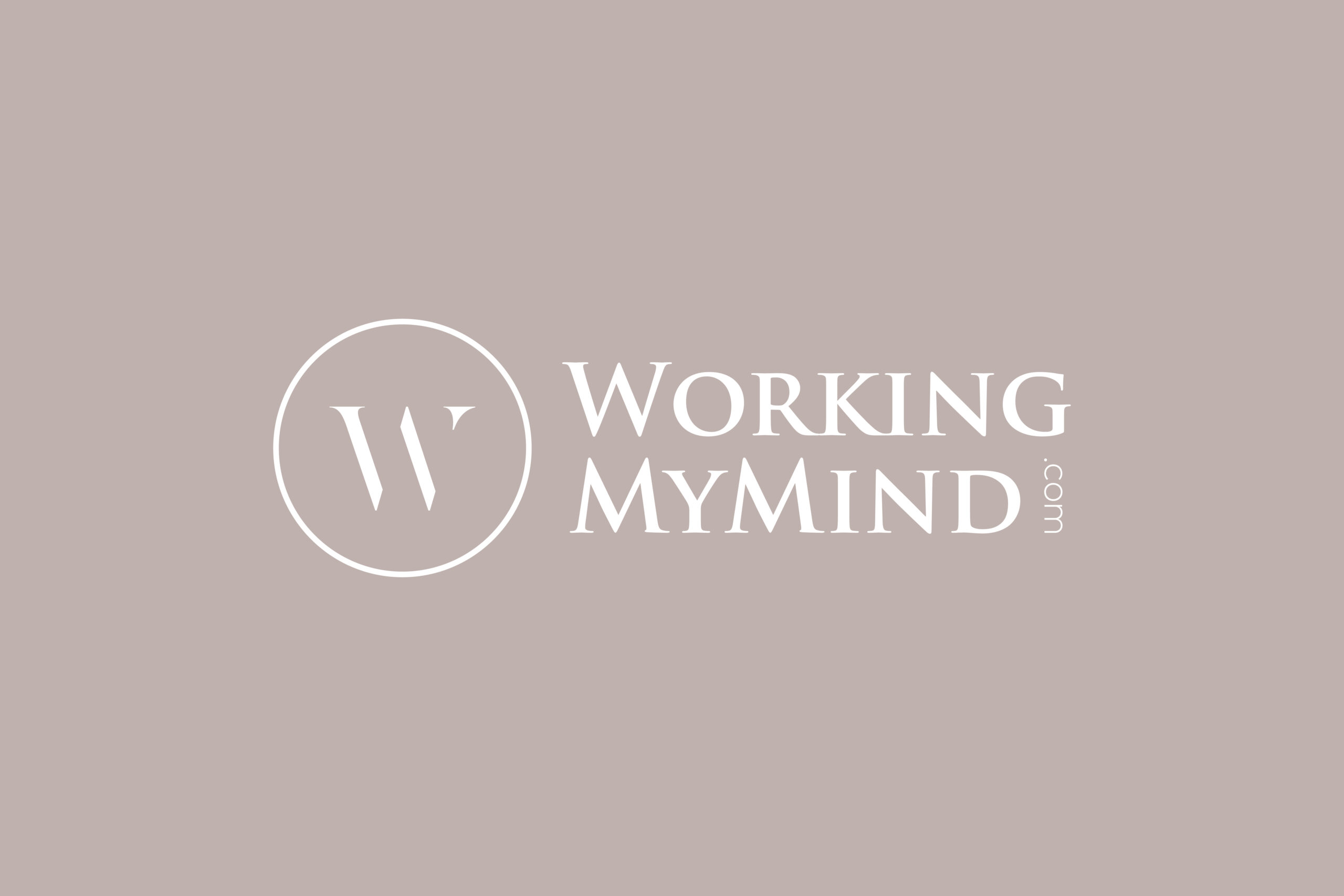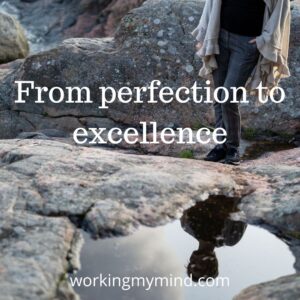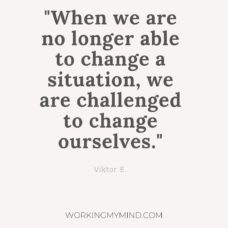Rethinking knowledge:
the evolution of learning and development

By Catharina Kallio
Embark on a journey of learning evolution: Rethinking knowledge by exploring the landscape of horizontal and vertical development. Unveiling their impact on work, learning, and personal growth. Discover the interplay between acquiring knowledge and reshaping perspectives, for a comprehensive path towards development.
Shaping work, and future trends
Let’s take a moment to observe the significant changes in our work life and broader society. Over the last few decades – 10, 20, or even 30 years – we’ve seen substantial shifts.
Notably, individuals, including yourself, have become a central focus. This shift is evident not just in the evolving demands on leadership but also in the imperative for us, as individuals, to embrace our own leadership roles.
As we look forward and explore current trends, it becomes clear that the journey of development is an ongoing one.
Accelerating change: the pandemic's impact on work and leadership
The way the pandemic forced us to change our work model has been a significant leap. It not only changed where and how we work, but also affected leadership. Without the pandemic, these changes would surely have happened sooner or later, but it accelerated things significantly.
Even if the pandemic has been one major factor that has radically affected the working life, it doesn’t end there.
There are other factors that are already affecting and will continue to affect how work is done – the mode and model of work, the content of work, workplace learning, and learning in schools, etc.
These factors include technology, artificial intelligence, and robots, which bring a new way of working.
The role of an individual at work is ever-changing, transitioning from what it used to be. Thus, what exactly is the role of an individual in the future of work? From the perspective of learning and development many envision it as an evolution towards those who innovate, construct, and foster progress.
From globalization to remote work and beyond
Other factors that affect work include globalization and its broad impact on organizations, people, politics, buying behavior, etc. Social media has a widespread impact on marketing, communication, and life in general. And of course, the post-pandemic desires and demands for remote work will continue to have an impact.
In this context, we can also discuss different generations and what they hope for and demand from work. For example, commitment to a job varies greatly among different generations. Also, demands from an employer’s view related to company ethics, for example, are different than they were 10 years ago.
All in all, working life seems to have become and continues to become more complex. One must constantly stay updated and informed, as information spreads quickly and decisions need to be made in the moment.
And in the midst of it all, there is the human element.
The question, in my opinion, is: How can I as an individual thrive in this change, enjoy working, and embrace all the opportunities it offers?


Rethinking knowledge in today's world
Now, we come to an interesting topic. When we consider how the world and organizations are changing, and what will be required and expected from people, we understand that continuous learning is important.
But what if learning isn’t exactly what we think it is? Let’s delve into this.
Today, information is freely available, and knowledge is not the same kind of currency it used to be. Back when only a few had books or only selected individuals could study, knowledge was valuable.
Now we have the internet, where we can find almost everything we want to know. We can study, listen to books or researchers on YouTube, listen to podcasts, read books.
Information is abundant and accessible.
Going Beyond Knowledge to Transformative Action
We talk about lifelong learning, which is a good thing. New things come up that we need to learn. This kind of horizontal development or learning is familiar to us.
Horizontal development is already practiced in schools and practically means adding knowledge on top of existing knowledge. This is the most familiar way of learning and developing, about 90% of all development focuses on horizontal development.
But…
You might have noticed that just having knowledge doesn’t necessarily make you take action or change your behavior when needed. No matter how much information you have about a certain topic, it doesn’t translate into using that knowledge. You know, but it doesn’t reflect in your actions.
Shifting perspective: a fresh focus on learning
Consider this straightforward scenario: Picture yourself in a situation where your job description unexpectedly encompasses sales. You’ve undergone thorough training for this new responsibility, and even though the training has concluded, you understand the expected actions. Yet, despite your knowledge, you find yourself not achieving the desired outcomes, and the entire experience feels unnatural or strained.
This is where vertical learning and development comes in.
If horizontal development is about learning facts or skills, vertical development and learning change how you think, feel, and understand the world. Let’s reiterate.
Vertical development explained
Returning to the story of sales training. You now have the facts on how to sell. You understand each step of the calls and sales activities and grasp customer behavior. Results are not forthcoming, and you might even be frustrated. What if, at this point, we consider vertical development?
Tod do so you can start by asking yourself: What do I genuinely think about sales, deep down?
Is sales, in your opinion, perhaps pushing and unpleasantly coercing? Do you have experience with bad salespeople, and you definitely don’t want to be one? To be able to use what you have learned and to become a good salesperson, it’s essential to start recognizing and modifying these underlying thoughts.
What is true growth?
True growth, whether in work or in life in general, occurs when you understand how to challenge your current thinking patterns and your behavior.
By expanding and changing your own mindset, your typical way of thinking, you open the door to a completely different kind of learning and development. A way of learning required in today´s world.
At the core of development should be self-awareness and self-leadership, which are quite significant concepts.
Eager to learn more and enhance your development? Join our weekly newsletter today!
“It’s difficult to learn if you already know.”
– Amy Edmonson, Harvard Business School.




